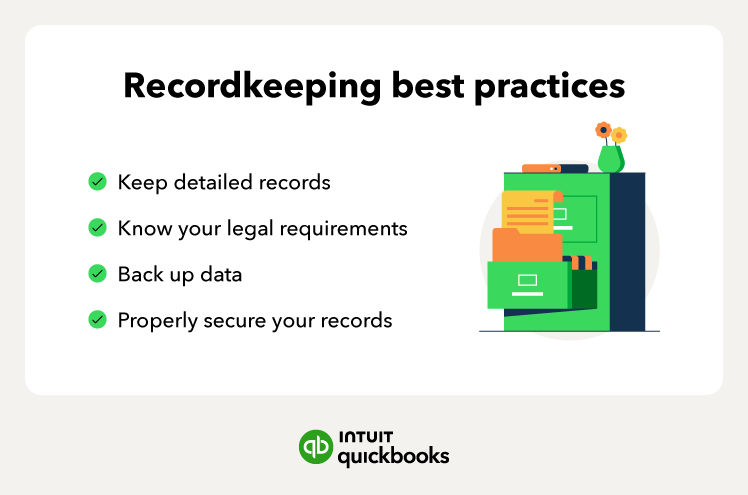Even though most business owners feel confident filing their taxes, many struggle with maximizing tax incentives and keeping track of documentation and expenses, according to our Entrepreneurship report. Less than 50% of respondents who own say they're very confident in how to file their business taxes correctly.
But don’t worry. We’ve put together 17 small business tax tips that will help you reduce stress, maximize tax breaks, and help you stay compliant come tax time.
Tax season is an especially stressful time for small business owners. If you procrastinate on tax season preparation, it might be time to rethink your strategy. Preparing your books for tax season sooner rather than later relieves tax-related pressure and reveals opportunities for the year ahead.
Let’s dig deeper into the best practices for getting your books ready for tax season, avoiding common mistakes, and maximizing refunds.
Jump to:
- Reconcile to source documents
- Organize your chart of accounts
- Classify your business correctly
- Separate personal and business accounts
- Make use of tax breaks and deductions
- Explore tax credits
- Save for retirement
- Regularly review your financials
- Record transactions promptly
- Understand the tax obligations of remote employees
- Automate where you can
- Keep good records
- Seek expert advice
- Prioritize the balance sheet
- Keep receipts for all transactions
- Utilize online payments
- Focus on running your business



















